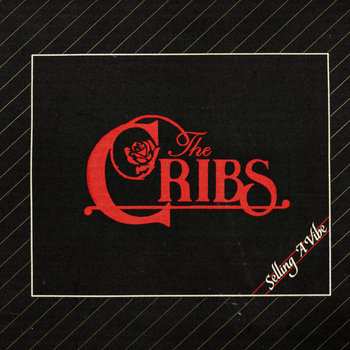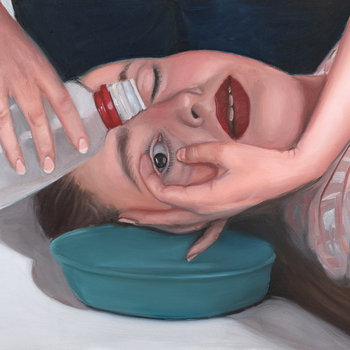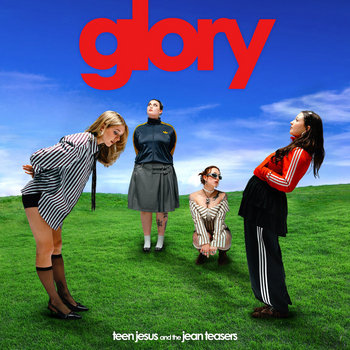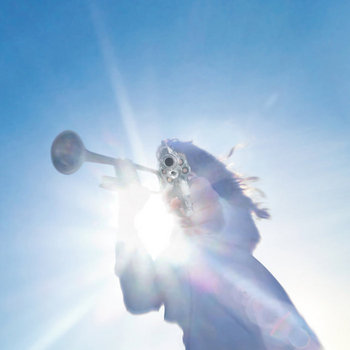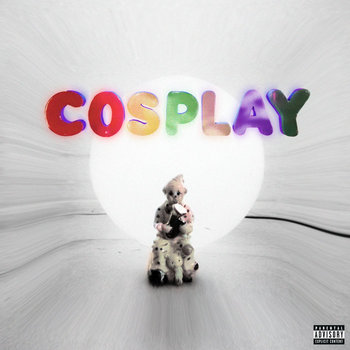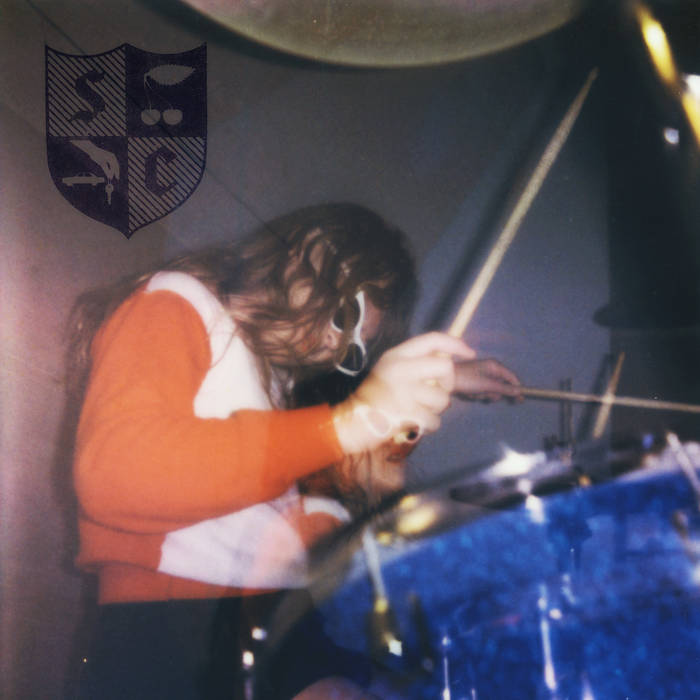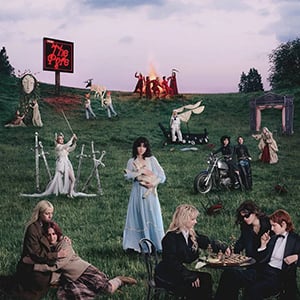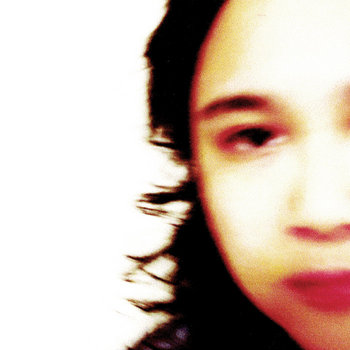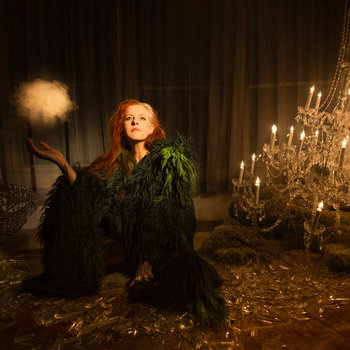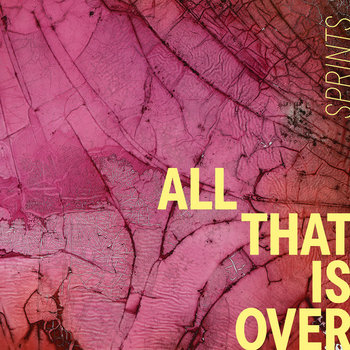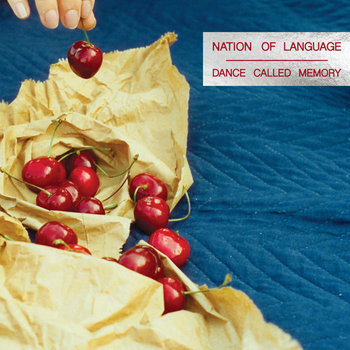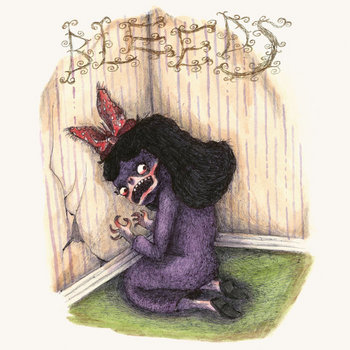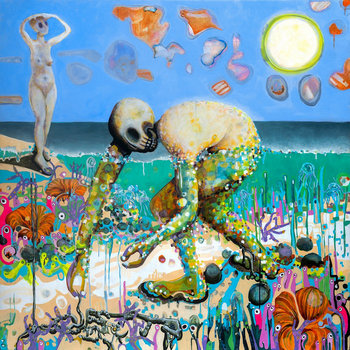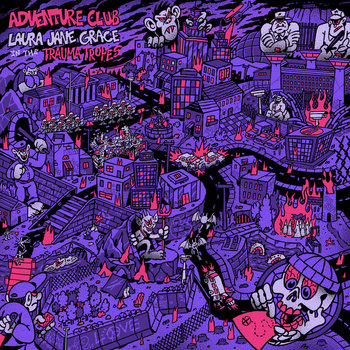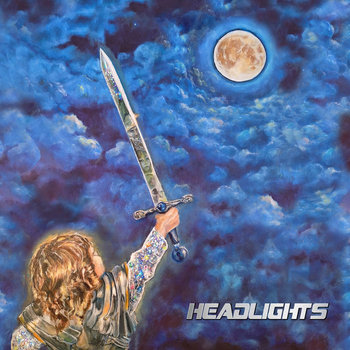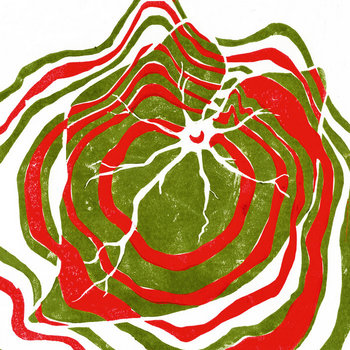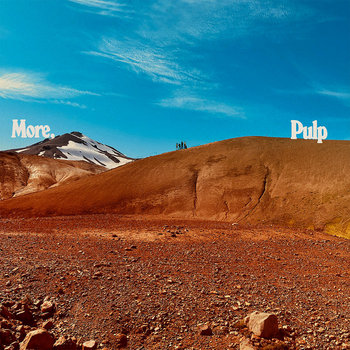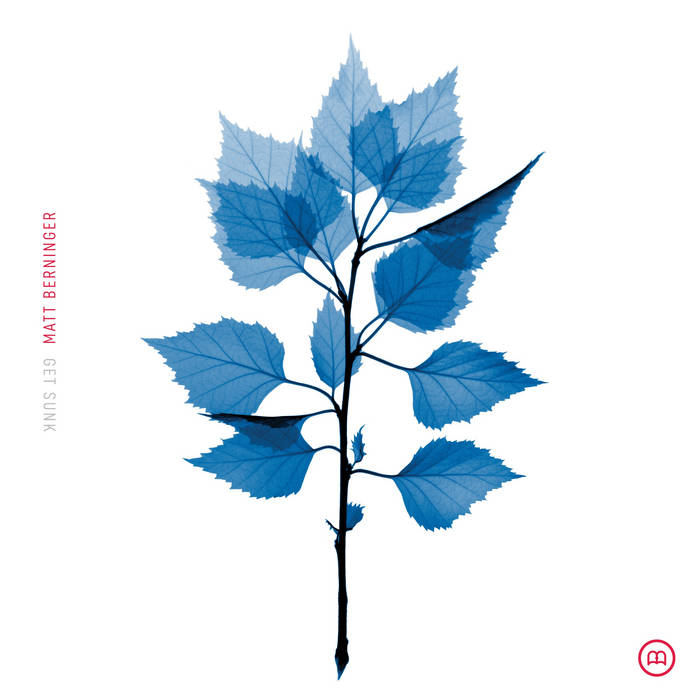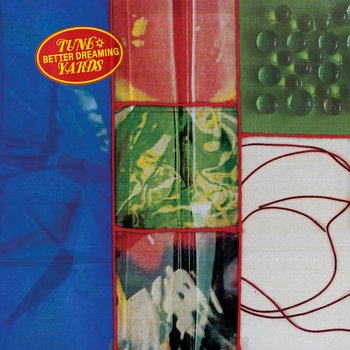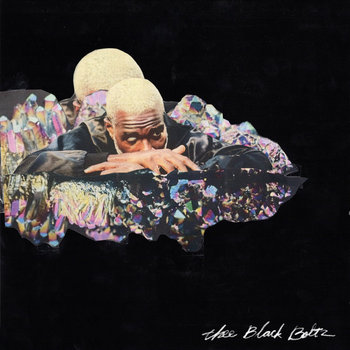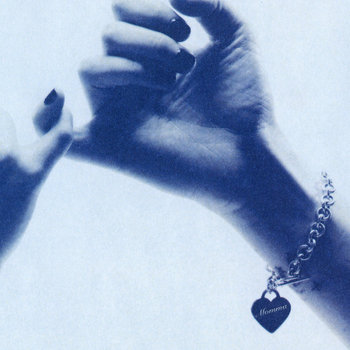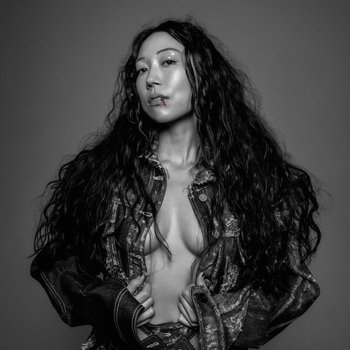
CD of The Week
Florence + The Machine - Dance Fever (Republic)
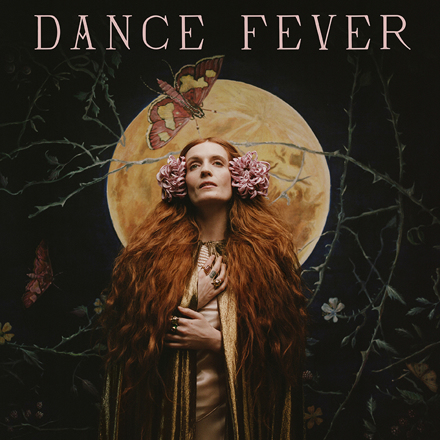 I don't know what was in the indie rock water in the late aughts, but whatever it was produced a new crop of ambitious women who sought to expand the boundaries of the genre into weirder, wilier terrains. While the '90s kids were gifted with the holy trinity of Björk, PJ Harvey, and Tori Amos on their radio playlists, the post-Internet era gave us Bat for Lashes, St. Vincent, and Florence Welch of Florence + The Machine. All three of these artists have charted a solid career course since then with varying degrees of critical and commercial success but it was the latter whose star rose the quickest and burned the brightest. Shrewd soundtrack placements and plumb opening spots for U2 probably helped with that, but Welch also scored points for an instantly iconic voice and anthemic song quality on Lungs and Ceremonials that sounded like she had already conquered the world and had nothing left to prove.
I don't know what was in the indie rock water in the late aughts, but whatever it was produced a new crop of ambitious women who sought to expand the boundaries of the genre into weirder, wilier terrains. While the '90s kids were gifted with the holy trinity of Björk, PJ Harvey, and Tori Amos on their radio playlists, the post-Internet era gave us Bat for Lashes, St. Vincent, and Florence Welch of Florence + The Machine. All three of these artists have charted a solid career course since then with varying degrees of critical and commercial success but it was the latter whose star rose the quickest and burned the brightest. Shrewd soundtrack placements and plumb opening spots for U2 probably helped with that, but Welch also scored points for an instantly iconic voice and anthemic song quality on Lungs and Ceremonials that sounded like she had already conquered the world and had nothing left to prove. Then 2015's How Big, How Blue, How Beautiful started turning down the volume. Now an institution, Welch was still impressive vocally and in concert, but the songs around her sounded like they stopped trying to compete, the production almost retreating from the force of nature at their center. 2018's High as Hope came close to being a last straw. On Dance Fever, for the first time in a decade, the songs, some of her most personal and propulsive, are worthy of the powerhouse voice and personality singing them.
If you meet it on its terms, that is. Despite the title and banger teaser single "My Love", the Machine isn't quite revving up for the club the way Lost Girls or Masseduction from her contemporaries did. Instead, the title is a play on the 17th-century social phenomena of dancing manically en masse to escape one's woes. This concept was in place for the album before the pandemic, but it feels even more apt afterward, as we all no doubt crave catharsis after so much stasis. Our collective cabin fever echoes Welch's own restlessness with herself, her sound, and her persona.
That restlessness is echoed in the production of the album, the majority of which is handled by Jack Antonoff. Opener "King" sounds like Sharon Van Etten venturing Under the Pink as it lays out Welch's thesis. "Free" teams Antonoff with "My Love" producer Dave Bayley and will make you wish Arcade Fire got to work with Alan Vega. Best of all is "Choreomania". Named for the technical term for the album's title, it finds Welch channeling the thoughtful experimental pop of Jenny Hval with its spoken-word verse and pitter-pattering percussion.
From there, the album charts an urgent, insistent course, wrestling with unrest and doubt until reaching a kind of resignation, even resolve, with standout "Daffodil". "I never thought it would get this far, this somewhat drunken joke", she expresses with a weary wink over a swampy, Southern Gothic stomp. Not only has Florence gotten this far, but Dance Fever suggests, for the first time in a while, that her Machine still has so much farther that it can go.
Review by Rob Huff

